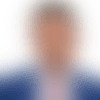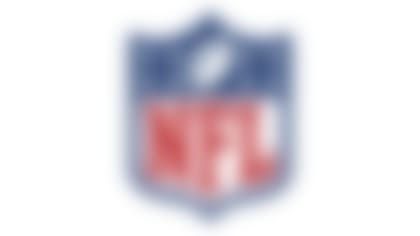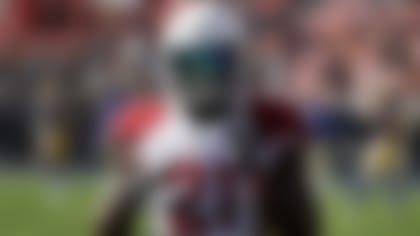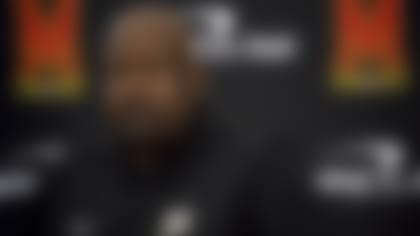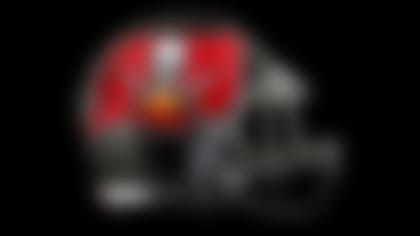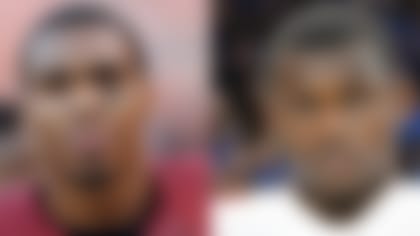Oklahoma quarterback Kyler Murray now has a Heisman Trophy on his resume, a somewhat surprising highlight to one of the most star-studded seasons in college football. And according to his baseball agent, college is where his football career will end.
Scott Boras, who negotiated Murray's $4.66 million baseball contract this summer after he was selected No. 9 overall in the 2018 MLB Draft by the Oakland A's, told NFL.com that there is no uncertainty when it comes to Murray's future.
"Kyler has agreed and the A's agreed to a baseball contract that gave him permission to play college football through the end of the collegiate season," Boras said this week over the phone. "After that, he is under contract to play baseball. That is not a determination to make. It's already done."
In short, his future is in baseball.
Saturday night, Murray won the award as the nation's best college football player with 2,167 points over Alabama's Tua Tagovailoa (1,871) and Ohio State's Dwayne Haskins (783). He threw for more than 4,000 yards with 40 TDs for Oklahoma, following in Baker Mayfield's footsteps in winning the award. Murray's Sooners and Tagovailoa's Crimson Tide will face each other in the College Football Playoff in a few weeks.
Murray raised the issue this week when asked by reporters during a pre-Heisman media availability, saying he'd be open to playing football as a pro, as well.
"I'd like to do both, if possible," Murray said. "But I don't know how possible that is."
But Boras notes, "From a contractual perspective, it is set."
Murray will be in spring training with the A's. At OU, Murray hit .296 with 10 home runs, 47 runs batted in and 10 steals in 51 games.
If he decided to play football, it's clear he wouldn't be nearly as coveted, draft-wise, as he is in baseball. According to several NFL scouts, Murray would likely land on the second day of the draft, perhaps a second-rounder but more likely a third-rounder.
Though an electric athlete and accomplished passer, it's hard to project him as an NFL quarterback, considering he's shorter than 5-foot-10. There just isn't much precedent for a quarterback that small -- whereas as a center fielder, it's not an issue. Scouts struggled to envision him as a pro quarterback, let alone find him a draft grade.
Clearly in baseball, he's more of a sure-thing as a prospect -- never mind that he sees the injury risk in football as greater and baseball contracts are fully guaranteed. His bat speed and athleticism could lead him to the majors quickly.
In the end, as Boras said, there isn't as much of a decision as it would seem.
